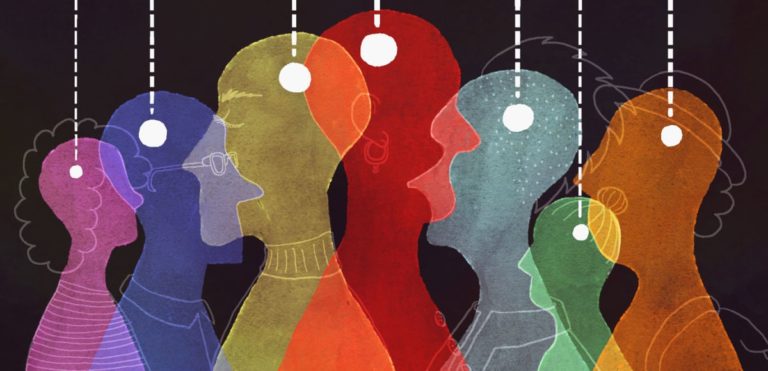Back in the 1990s when I lived in Japan, an American journalist whose name I’ve long forgotten gave a speech in the coastal city of Kobe. In it, he was critical of that country’s media. He argued they were timorous in covering the Japanese royal family and also government. He added that the only other democracy where he observed a similar trait was in Canada.
Fair or not, that categorization is accurate as it concerns much media reaction to the death of NDP leader Jack Layton. While there were exceptions—the National Post’s Christie Blatchford—too many stories, columns and editorials encouraged Princess Diana-like mourning, ideological fawning and historical revisionism.
It takes not a scintilla from Layton’s political accomplishments—and he had many—to also ask whether his ideas would have led to a better Canada, as so many now claim.
One month on, it is not wrong or mean-spirited to engage in such an exercise. If one cannot analyze Layton’s record, and over the predictable objections of partisans, then supporters of Richard Nixon would be justified had they argued Watergate should have been omitted from posthumous accounts of Nixon’s career.
Layton’s record is inextricably bound up in self-described “progressive” politics. As with many on the left, their desire for a better world is front and centre. In general terms, that much is praiseworthy. Only a hard heart would favour a world where a reduction in poverty isn’t sought, war is preferred to peace and where compassion is little valued.
But as with much else in life, the end—a better world—is not normally disputed by reasonable people, only the proper means to it.
On health care, Layton slammed private involvement in any form, this as if government monopolies are magically superior to dispersed competition in the provision of a service. His opposition came despite the example of Europe. There, a mixed private/government approach to delivery and insurance results in better outcomes. Also, health care is universal. Layton missed an opportunity to champion European-style health care in Canada and we’re all the worse for it.
Then there was Layton’s opposition to expanded markets. As a Toronto councillor and as a candidate for Parliament in the 1988 federal election, Layton asserted the proposed Canada-U.S. free trade agreement would bring higher crime, additional poverty and more pollution. He even claimed “People will take out their work frustrations on immigrants. There’ll be more alcoholism and crime.”
The claims were always hyperbolic and wrong, including on poverty. As a 2008 report from the IMF pointed out, “freeing trade frequently benefits the poor especially.” That’s because it helps cut down unfair subsidies in developed countries that otherwise harm employment growth in poorer nations. Remove those and other impediments to prosperity via free trade deals and jobs flourish and poverty is reduced. It’s the story of East Asia over the last few decades.
Historical accuracy also demands balance on the civility claim as applied to Layton’s political rhetoric. In general, Layton was genial but even he occasionally engaged in uncivil discourse.
Recall the 2004 election campaign where Layton accused Prime Minister Paul Martin of personal responsibility in the deaths of 100 homeless people, this ostensibly due to Martin’s mid-1990s budget cuts. Given a chance later to retract his remarks, Layton refused.
Layton’s charge was over-the-top and nonsensical. Insofar as progressives believe in a tight link between every dollar in social spending and mortality, they could at least oppose subsidies to corporations. Instead, in the 1990s and now, support for the political habit of picking winners and losers—at great cost to taxpayers but also to social programs if one thinks they solve all ailments—is defended by too many leftists. Layton was no exception.
Jack Layton, as with all politicians who run for office, made great personal sacrifices. Also, everyone should remember that oppositional viewpoints must always be aired. As John Stuart Mill long ago figured out, debate provokes discussion and (one hopes) better remedies.
The opposition leader died suddenly and relatively young. Layton’s family, friends, acquaintances and others close to him deserve sincere sympathy.
However, on his ideas, and as Layton himself once noted, it is defensible—perhaps imperative—to discuss political records. “Are we only supposed to celebrate the great Mr. Martin for some alleged financial achievements?” said Layton in 2004 in response to the controversy over his remarks about Paul Martin. “It’s not personal. It’s about the policies, the choices he made,” argued Layton.
Layton’s point still stands, even if one thinks how he assigned blame in that case was in error. In looking at the historical record of any politician, Layton included, it is critical to practice history and not hagiography.







